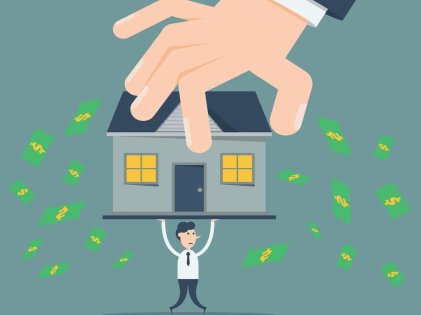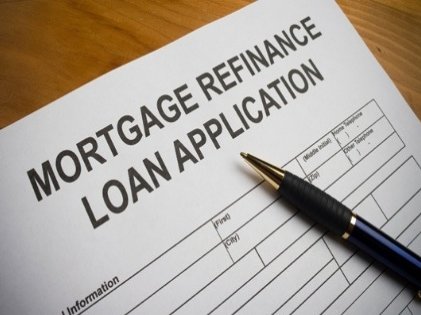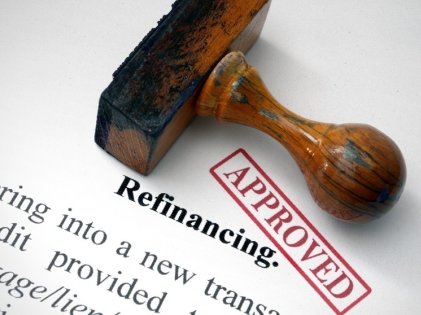We all aspire to buy the dream house, decorate it exactly like we want to, and yet, pay off all our debts. In the real world, it might happen only if you are super rich. Buying a house might involve taking a mortgage for most people. A mortgage is a loan taken for buying a house. With the course of time, homeowners pay off their mortgage. The problem is that over the years the terms and conditions of the initial mortgage might not be very convenient for the homeowner in his present situation. What will he do then? He will refinance his mortgage. Did you know refinancing saved homeowners more than $4000 in a year? If you have a mortgage for 20 years, then imagine the amount of money you can save!
Why Should You Refinance Your Mortgage?
Refinancing your mortgage can have a lot of benefits and even save you money every month. Here are some reasons you should refinance your mortgage.
- Get a lower interest rate: The first and foremost reason for refinancing your mortgage has to be to lower your interest rate. If you can lower your interest rate by 2% you must go for refinancing. However, experts agree that even 1% lower rates can save you money. So, you end up paying a lot less than you were paying earlier as a premium for your house.
- Decrease the term of the loan: With a lower interest rate, homeowners can easily change the loan term. Suppose, you had a fixed mortgage for 30 years. With a lower interest rate, you might be able to change the loan term to 15 years and pay off your debt. It will, of course, increase your premium each month.
- Change in financial condition: Your financial status must have changed from the time when you got your mortgage. You might have saved quite a bit now, or you have new expenses that are making life difficult for you now. For both the cases, refinancing can be the answer.
Types of Mortgage Refinance
- Rate-And-Term Refinance: If the mortgage rate or the loan term or both of them change with refinancing it is called Rate -And- Term Refinance. For example, a person can change his loan term from 30 years to 15 years or change the mortgage interest from 9% to 6%, or change them both. Most of the refinances are this kind especially when interest rates fall.
- Cash-Out Refinance: In this kind of refinancing, either the mortgage rate goes down or the loan term is shortened but what happens here is that the principal amount borrowed goes up. This kind of refinancing has a more stringent approval standard.
- Cash-In Refinance: As the name suggests this is the exact opposite of Cash-Out Refinance. In this kind of refinancing, the house owner gives cash to pay part of the mortgage. That way, the mortgage rate becomes lower.
Points To Remember While Refinancing
Now that you have decided to refinance your mortgage, it would be helpful to keep these points in mind before you take the plunge.
- Check your credit score first. If your credit score has gone up since you took the mortgage in the first place, then there is a chance that your mortgage rate might go down. Based on your credit score, your rate might go down to 1.5%. Check your credit score now and see if you have a FICO score of 760 or higher.
- Mortgage refinance can cost quite a bit. Which is why it is prudent to calculate the break-even point. If you are wondering how to do it, we can help. First, you need to decide for how long do you plan to stay in the house. Now you have to find out how much will the mortgage closing cost be and divide it by the monthly savings due to the refinance. If the result is equal or more than the number of years you want to stay in the house, refinancing makes sense, if not do not go for it.
- Do your research work before refinancing. There are several lenders out there. So, find out who can give you the best rates. Don't get fooled by lenders who offer "no-cost refinance".
- Find out what are the documents you might need to do the refinancing and keep them ready.
Now, you are all set for your refinancing. Hope we have been able to help you here.






